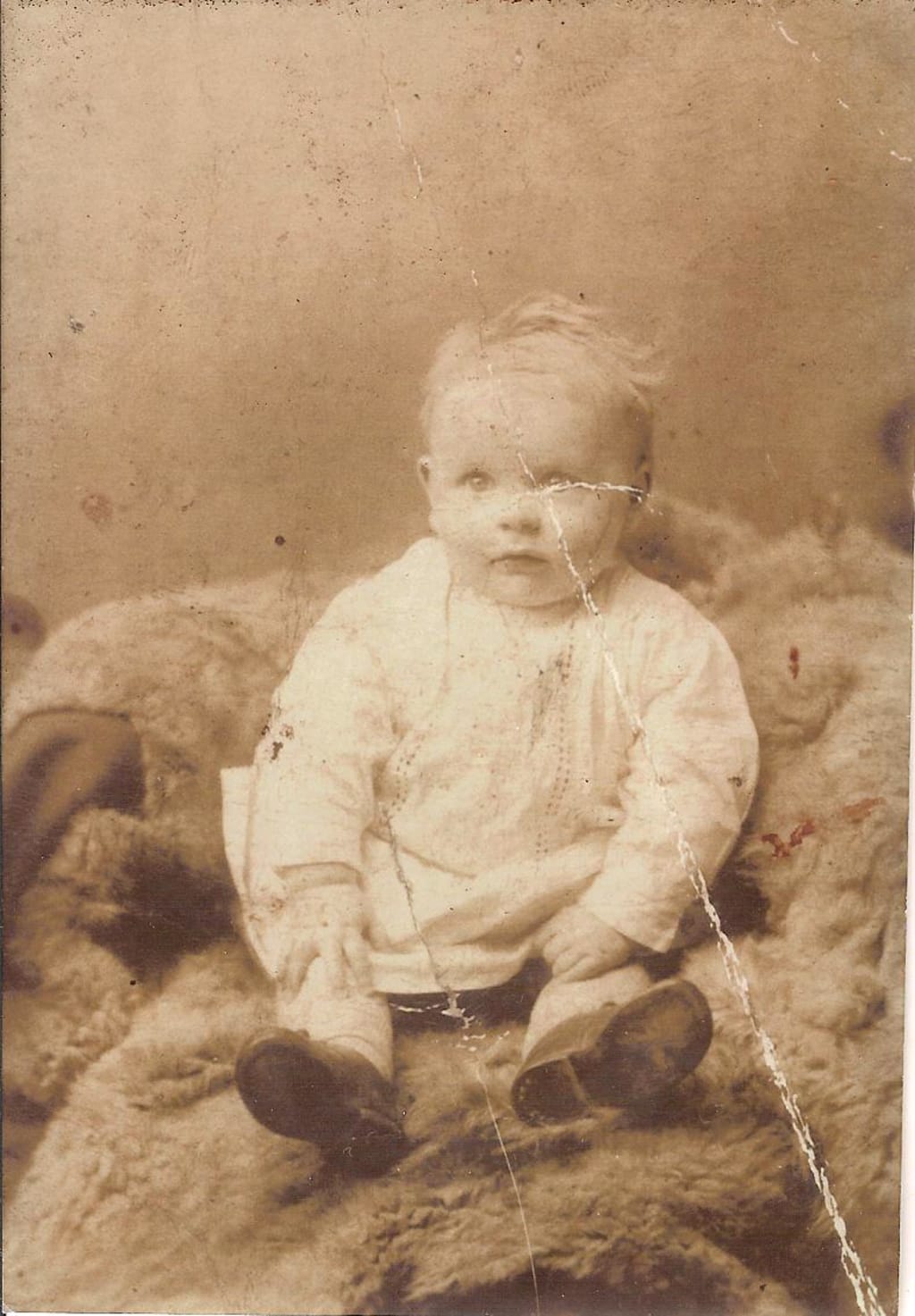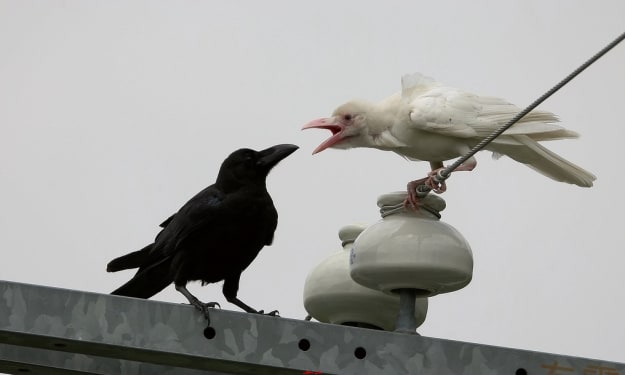My D*d Was a Bastard
1920s Kesh must have been a great place to be a bastard.

1920s Kesh must have been a great place to be a bastard.
Despite its railway station, it was a small rural community that more probably resembled the 19th (or even 18th) century than it did the 20th. Village gossip (everyone knew everyone else’s business) would be exchanged at the market as well as the two watering holes (The Mayfly Inn & the village pump), and boy, there must have been some proper tittle-tattle when it was discovered that my grandmother, Margaret, had become pregnant by a local copper.
The McClintock’s had been, up that point, a well-respected family of Protestant joiners. The (unmarried) brothers lived with their unmarried, but fecund sister in a house next to the Inn.
When my Dad turned up, all hell was let loose. Never mind the embarrassment, feel the shame. My grandmother was given the choice of leaving the family home or getting rid of the baby. She chose the latter, and my father was farmed out to a number of Protestant families — none of which kept him or looked after him particularly well.
One day, my father’s "Granny" was alerted to a "pining" baby sitting alone on the curbside (he must have been a toddler by then) and decided she would foster him. The amazing thing was that she was not only considerably poorer than the McClintocks, (who were not poor at all) but she was also a Catholic.
Residing in a converted garage with a curtain dividing the sleeping from the living quarters, and with her own children to feed, Annie McCaffrey (who I regret never having met) strikes me as some sort of wonder woman, and I know that my father felt much the same about her.
As for the McClintocks, I have felt nothing but contempt for them, although I suppose one ought to take into consideration their Victorian mores and the claustrophobia of a tiny village. Nevertheless, upon the death of the only remaining sibling, the house was cleared and a tiny white coffin was discovered, no doubt intended for my infant father.
Return of the Native

Dad has the last laugh!
Return of the Native
It was the 50s (although, according to my mother, it may as well have still been the 20s), and having done well, my father returned with his new, English bride.
Now my mother is content to describe her origins as working-class, but she might as well have been Lady McClintock as far as the villagers were concerned (for instance, the village women were amazed to discover that she did her own washing!).
Shown off to the locals (including the shabby genteel owners of the "Big House" on the hill) a visit to my grandmother’s was inevitable. Invited into the McClintock residence, she was surprised to find my father still standing outside, as was the tradition. Up until that point, my father had never entered the ancestral home…
It is a sad, but inspirational story. From his poor beginnings, my father would revisit Kesh on a regular basis, weighed down by two O-levels in English Literature, a wife, a house and two children, and welcomed by his many friends. I get the impression that Kesh has, at last, entered the 20th century (and perhaps even the 21st), and may one day welcome me back as the oh-so-nearly not to be the scion of the this perhaps not-so-singular family. I do hope so.









Comments
There are no comments for this story
Be the first to respond and start the conversation.